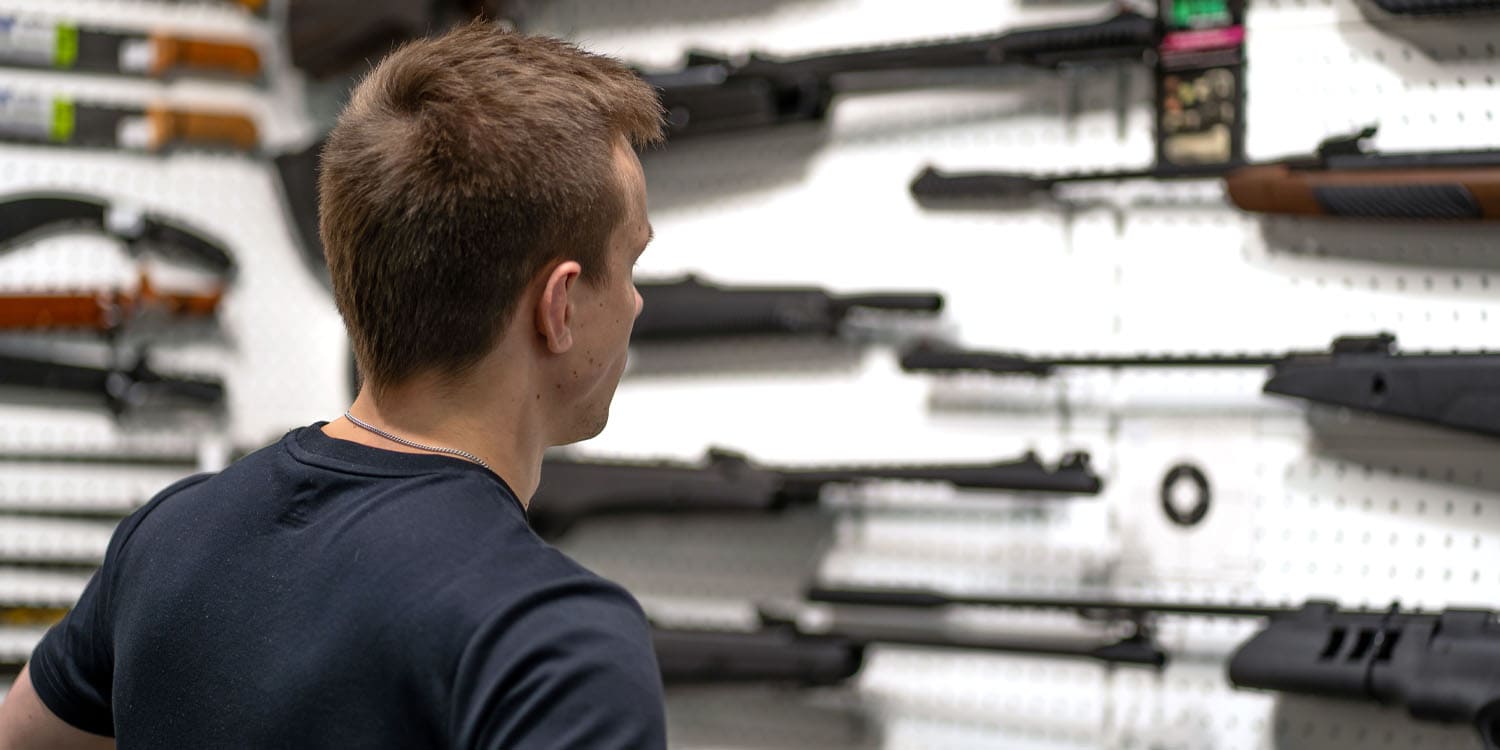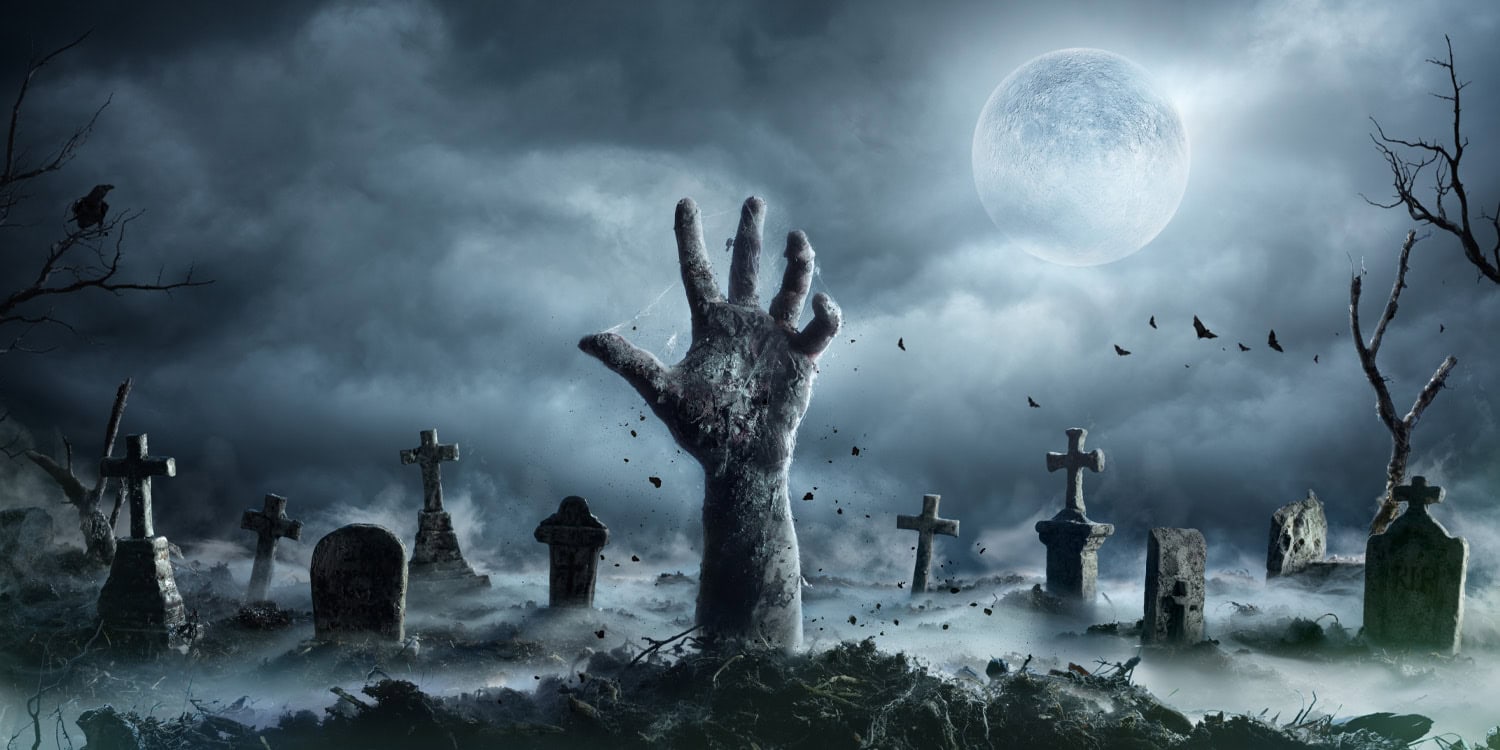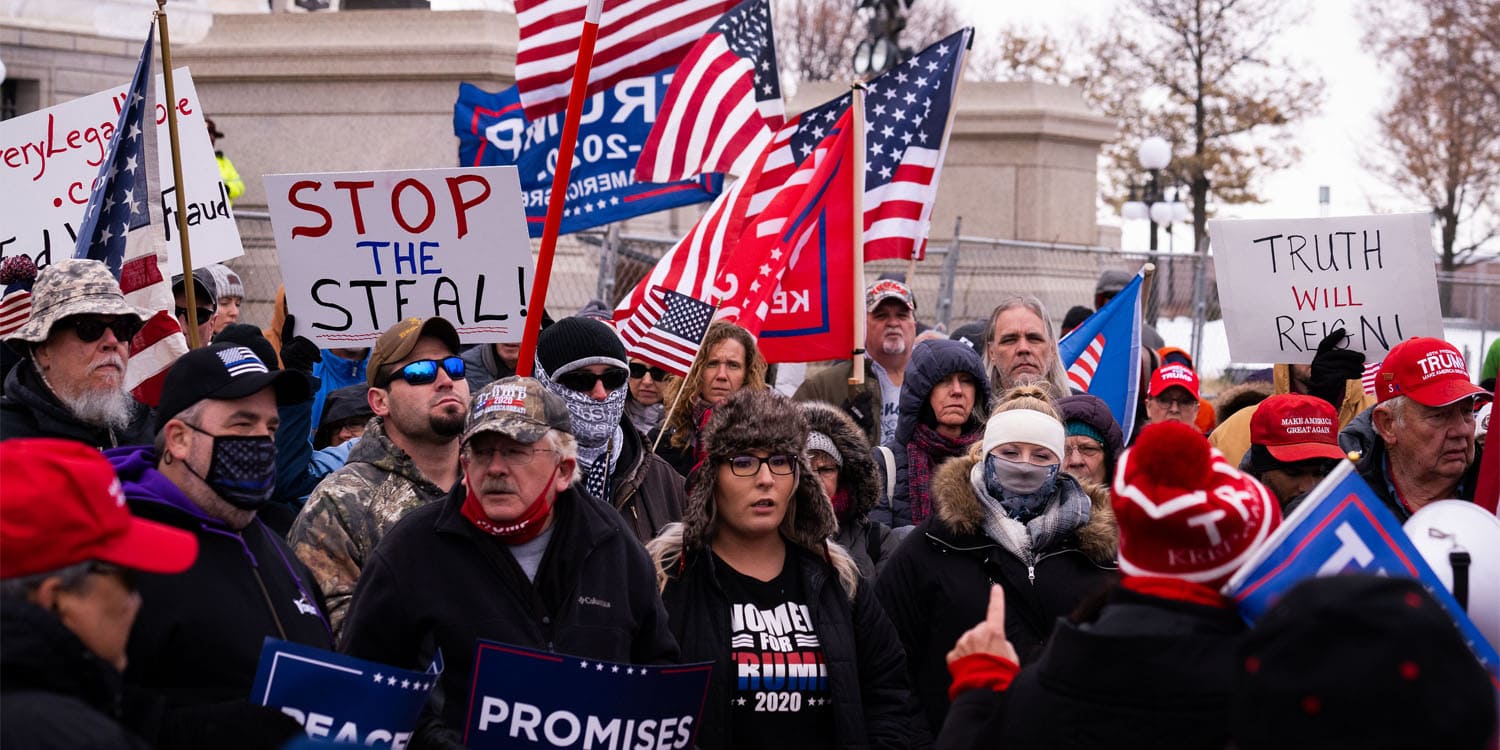For young Republicans and men, fear of mass shootings fuels opposition to gun control
A new study suggests that while a majority of young American adults worry about mass shootings, their shared fear does not unite them on the issue of gun control. Instead, for certain groups, higher levels of fear are linked to stronger opposition to firearm restrictions, a finding that complicates predictions about the nation’s future gun policy. The research was published in the journal Social Science Quarterly.
“This is a generation of people who live with significant fear and anxiety over mass violence,” said senior author Jillian Turanovic, associate professor of sociology. “But we found that those shared fears do not unite them in attitudes on gun policy. In fact, they polarize them.”
The researchers sought to investigate a common assumption about the generation of Americans aged 18 to 29. Often called the “massacre generation,” these emerging adults grew up in an era defined by high-profile school shootings and constant media coverage of mass violence. Given these formative experiences, many observers have predicted that as this generation gains political power, they will form a unified front in favor of stricter gun legislation. The research team wanted to examine if this belief held up to scrutiny, or if shared anxiety over mass violence might produce more complex and even contradictory outcomes.
To explore this question, the scientists conducted a survey of 1,674 emerging adults from all 50 states in May 2023. The survey was designed to measure participants’ attitudes toward gun control by asking their level of agreement with statements about firearm access, such as whether owning more guns enhances safety or if guns should be allowed on college campuses.
Separately, the survey assessed their fear of mass shootings by asking how much they worried about an attack occurring in different public settings, including schools, shopping malls, and large events. The researchers then used statistical analysis to determine the relationship between fear and gun policy sentiment, while also accounting for other factors like political affiliation, gender, race, education, and personal experiences with crime.
The study confirmed that fear of mass shootings is widespread among this age group, with more than 60 percent of respondents reporting that they worry a mass shooting will affect their lives. In general, the researchers found a modest connection between higher levels of fear and greater support for gun control policies. This overall trend, however, masked deep divisions within the generation.
When the researchers analyzed the data by political identity, a starkly different pattern emerged. For young adults who identified as Republicans or conservatives, experiencing greater fear of mass shootings was associated with less support for gun control. This finding suggests that for these individuals, the fear of violence may reinforce a belief in armed self-defense, often described as the “good guy with a gun” perspective, rather than a desire for more government regulation of firearms.
A similar polarizing effect was observed among young men. While men and women with low levels of fear had similar views on gun policy, the gap between them widened as fear increased. Among young men, higher levels of fear were connected to increased opposition to gun restrictions. This may reflect cultural ideas that link masculinity with the roles of protector and provider, where owning a firearm is seen as a tool for ensuring personal and family safety.
The researchers also looked at whether the relationship between fear and gun attitudes differed by region. They found an unexpected pattern in the Northeast. In contrast to other parts of the country where fear tended to increase support for gun control, in the Northeast, higher levels of fear were associated with a slight decrease in support for such policies. The authors speculate this could be because some of the nation’s strictest gun laws are already in place in the Northeast, and high-profile attacks in the region may lead some residents to question the effectiveness of these laws.
The study did not find that race, ethnicity, or educational attainment significantly altered the relationship between fear of mass shootings and views on gun control. This indicates that political ideology and gender may be more powerful drivers of gun policy attitudes within this generation, at least when it comes to responding to the threat of mass violence.
The authors note some limits to their work. The survey provides a snapshot in time and cannot establish whether fear directly causes a shift in policy attitudes or if pre-existing attitudes shape how individuals react to fear. Because the sample, while diverse, was not perfectly representative of all young adults in the U.S., the findings should be seen as exploratory.
Future research could track individuals over time to better understand how their views evolve, particularly after they experience a mass shooting event in their community. Additional studies could also examine a broader range of specific gun policies, such as waiting periods or red flag laws, to get a more detailed picture of young adults’ preferences.
Ultimately, the research indicates that the political future of gun legislation is not as straightforward as some might assume. The shared experience of growing up under the shadow of mass shootings does not automatically create a consensus on solutions. For policymakers and advocates, these findings suggest that addressing gun violence will require acknowledging the deep-seated ideological divides that persist even within America’s youngest generation of voters.
The study, “Fear of Mass Shootings and Gun Control Sentiment: A Study of Emerging Adults in Contemporary America,” was authored by Jillian J. Turanovic, Kristin M. Lloyd, and Antonia La Tosa.



















